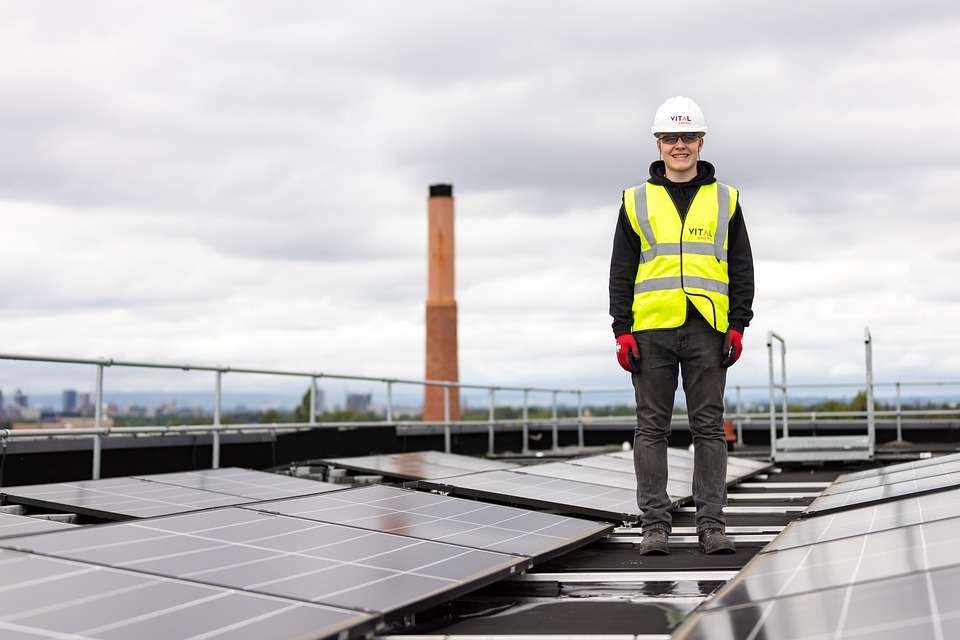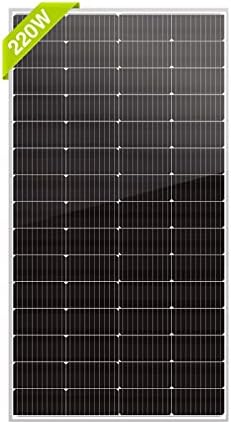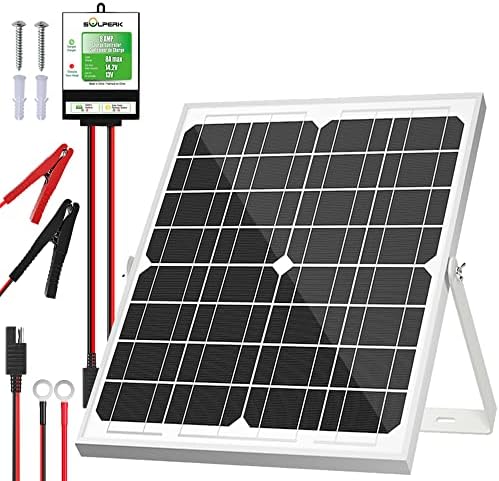Breaking Down the Differences: Mono vs. Poly vs. Thin-Film Solar Panels
Imagine living off the grid in the midst of nature, surrounded by beautiful landscapes and the sounds of wildlife. For many people, this is the ultimate dream – a chance to escape the hustle and bustle of modern life and live sustainably. As someone who has experienced the joys and challenges of off-grid living, I know firsthand the importance of reliable and efficient solar panels.
When it comes to choosing the right solar panels for your off-grid lifestyle, there are several options to consider. Mono, poly, and thin-film solar panels are three popular choices, each with its own unique characteristics and benefits. In this article, we’ll break down the key differences between these types of solar panels, helping you make an informed decision for your off-grid setup.
Mono Solar Panels
Mono solar panels, short for monocrystalline, are made from single-crystal silicon and are known for their high efficiency and sleek appearance. These panels are constructed using a single continuous crystal structure, which allows for a higher level of energy conversion. This means that mono solar panels can produce more power in less space, making them ideal for off-grid living where space may be limited.
One of the major advantages of mono solar panels is their durability. These panels are known for their longevity, often lasting upwards of 25 years with minimal maintenance. This makes them a reliable and cost-effective option for off-grid living, where access to professional maintenance may be limited. However, it’s important to note that mono solar panels are typically more expensive upfront compared to other types of panels, so it’s essential to consider the long-term savings and benefits.
Poly Solar Panels
Poly solar panels, short for polycrystalline, are another popular choice for off-grid living. These panels are made from multiple silicon crystals, which are melted together to form a single panel. While poly solar panels are generally less efficient than mono panels, they are still a reliable and cost-effective option for off-grid setups.
One of the key advantages of poly solar panels is their affordability. These panels are typically less expensive compared to mono panels, making them an attractive option for off-grid enthusiasts on a budget. Poly panels also have a lower carbon footprint compared to mono panels, making them an environmentally friendly choice for sustainable living.
Thin-Film Solar Panels
Thin-film solar panels are a unique and innovative option for off-grid living. Unlike mono and poly panels, which are made from crystalline silicon, thin-film panels are constructed using a thin layer of photovoltaic material. This allows for a flexible and lightweight design, making thin-film panels ideal for off-grid applications where portability and versatility are key factors.
One of the major advantages of thin-film solar panels is their adaptability to different environments. These panels are less affected by shading and high temperatures compared to crystalline panels, making them a reliable option for off-grid living in diverse climates. Additionally, thin-film panels are easy to install and maintain, making them a practical choice for off-grid enthusiasts looking for a hassle-free setup.
Pro Tips for Choosing the Right Solar Panels
– Consider your off-grid setup: Before choosing the right solar panels for your off-grid lifestyle, consider your specific needs and requirements. Factors such as available space, budget, and climate conditions can all influence the type of panels that will work best for you.
– Research reputable brands: When investing in solar panels for off-grid living, it’s important to research and choose reputable brands with a track record of reliability and durability. Look for certifications and customer reviews to ensure you’re making a smart investment.
– Seek professional advice: If you’re unsure about the best solar panels for your off-grid setup, consider seeking advice from professionals or experienced off-grid enthusiasts. Consulting with experts can help you make an informed decision and avoid costly mistakes.
In conclusion, choosing the right solar panels for off-grid living is a crucial decision that can impact your energy independence and sustainability. Understanding the differences between mono, poly, and thin-film solar panels can help you make an informed decision based on your specific needs and priorities. By considering factors such as efficiency, cost, and durability, you can invest in a reliable off-grid solar setup that will power your sustainable lifestyle for years to come.



